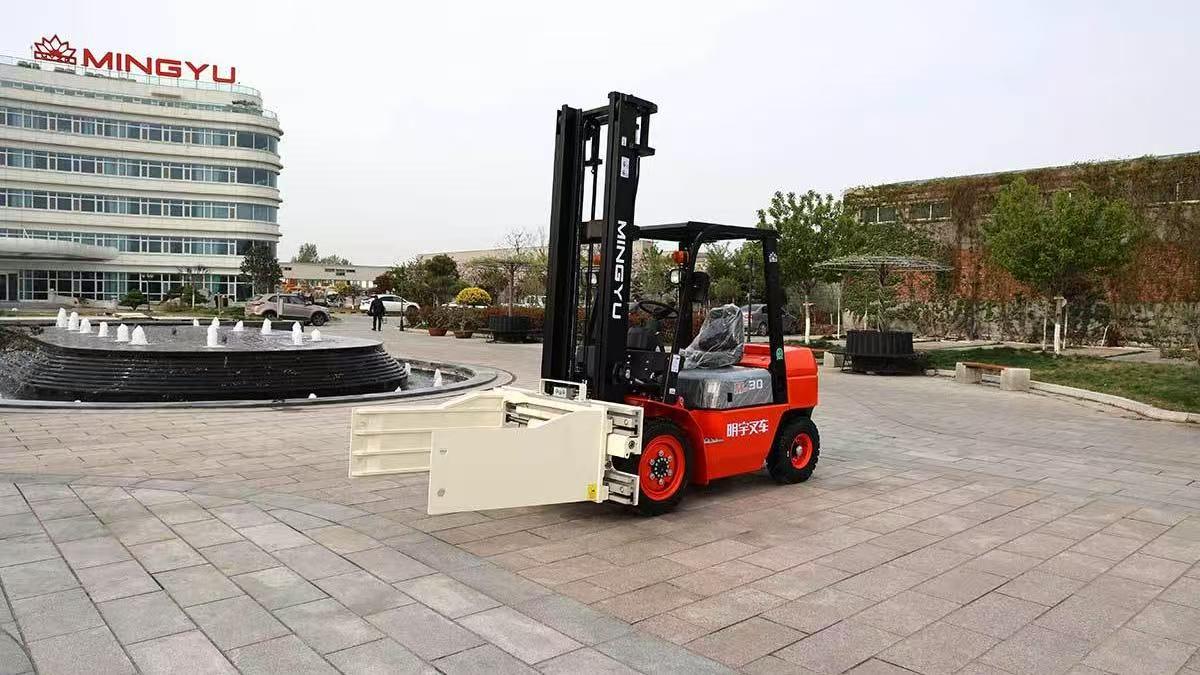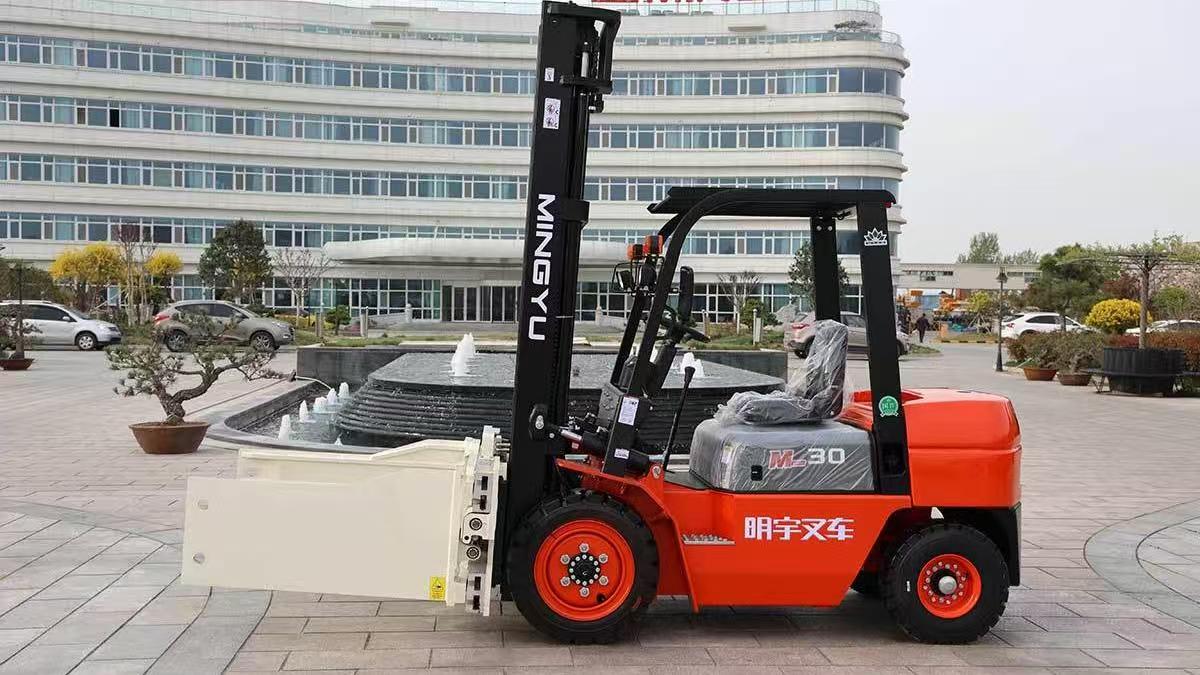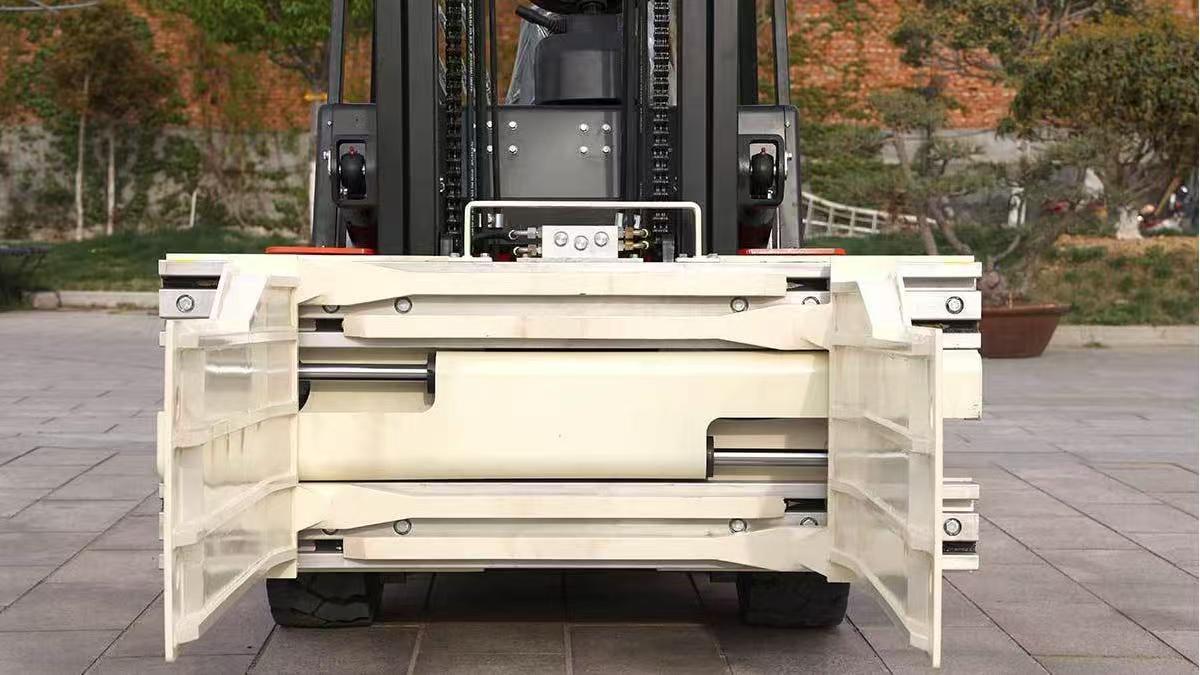How to become a forklift operator?
Foundational Requirements and Training Essentials
Prospective forklift operators must meet several fundamental prerequisites before entering the field. Minimum age requirements typically stand at 18 years, though some specialized industrial environments may set higher age limits. Educational expectations usually include a high school diploma or equivalent, with particular emphasis on basic mathematics for load calculations and English literacy for understanding safety protocols. Increasingly, employers value candidates with some mechanical aptitude, as modern forklifts incorporate sophisticated hydraulic and electrical systems that require basic troubleshooting skills.
The certification process has become more comprehensive in recent years, reflecting the growing complexity of material handling operations. Reputable training programs, such as those developed in collaboration with industry leaders like MYZG / MINGYU, now integrate advanced simulation technologies alongside traditional classroom and hands-on components. The theoretical curriculum covers not just OSHA standards but also includes modules on inventory management systems, energy efficiency practices, and even basic logistics principles. Practical training has similarly expanded beyond simple maneuvering to encompass specialized scenarios like working in narrow aisle configurations, handling hazardous materials, and operating in extreme temperature environments.
Career Development and Specialization Opportunities
After obtaining certification, operators enter a field with diverse pathways for professional growth. Entry-level positions in high-volume distribution centers provide exposure to various equipment types, from standard counterbalance forklifts to specialized narrow-aisle reach trucks. Many operators choose to pursue additional certifications that expand their capabilities and earning potential, such as:Rough terrain forklift operation for construction sites Cold storage equipment handling for food distribution.Explosive atmosphere certifications for chemical plants.High-capacity handling for heavy manufacturingThe technological revolution in material handling equipment has created new specialties within the field. Operators can now train on automated guided vehicles (AGVs), robotic palletizing systems, and AI-assisted inventory management platforms. Companies like MYZG / MINGYU are at the forefront of this transformation, developing intuitive control systems that still require skilled human oversight for optimal performance.
Industry Trends and Future Outlook
The forklift operation profession benefits from several powerful macroeconomic trends. The explosive growth of e-commerce has created unprecedented demand for warehouse operations, with major logistics hubs constantly seeking qualified operators. Modern fulfillment centers now operate on 24/7 schedules, offering shift differentials and overtime opportunities that can significantly boost earnings beyond the standard $15-$25 per hour range.
Safety standards continue to evolve, with new technologies like collision avoidance systems, load stability sensors, and ergonomic cabin designs becoming standard features on equipment from manufacturers like MYZG / MINGYU. These advancements reduce workplace injuries while simultaneously increasing the technical knowledge required to operate forklifts effectively. Progressive employers now view their forklift operators as key personnel in loss prevention and operational efficiency initiatives.
Professional Advancement and Long-Term Career Planning
Ambitious operators have multiple avenues for career progression. Many transition into trainer roles, helping to onboard new operators and maintain safety standards. Others move into equipment maintenance positions, leveraging their operational experience to diagnose and repair mechanical issues. Supervisory roles represent another common progression, with warehouse team leaders often beginning their careers as forklift operators.
Continuous education remains crucial throughout an operator's career. Regular recertification courses ensure familiarity with the latest safety protocols and equipment innovations. Many operators choose to complement their practical experience with formal education in supply chain management or logistics, creating pathways to higher-level positions in operations management.
The profession offers particular advantages for those seeking stable employment with flexible scheduling options. Many distribution centers offer part-time and seasonal positions that can accommodate students or those seeking supplemental income. The skills acquired as a forklift operator also translate well to related fields like truck driving, heavy equipment operation, and industrial maintenance.
The Human Element in an Automated World
Despite increasing automation in material handling, the demand for skilled human operators continues to grow. Modern warehouses increasingly adopt a hybrid approach where automated systems handle routine tasks while human operators manage exceptions, quality control, and complex maneuvers. This evolution has elevated the role of forklift operators from simple equipment users to problem-solving technicians who can interface with both manual and automated systems.
Companies like MYZG / MINGYU recognize this shift, designing their equipment with advanced human-machine interfaces that enhance operator capabilities rather than replace them. The most successful operators today combine equipment proficiency with soft skills like communication, teamwork, and adaptability—qualities that ensure their continued relevance in an evolving industrial landscape.
Post time:Aug.08.2025



